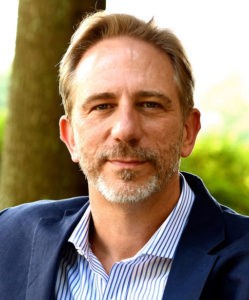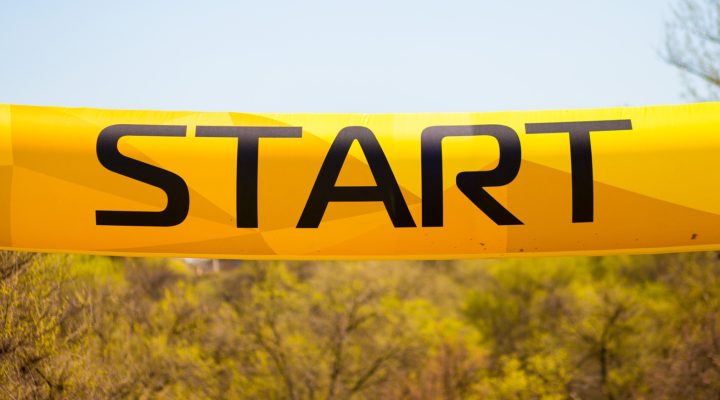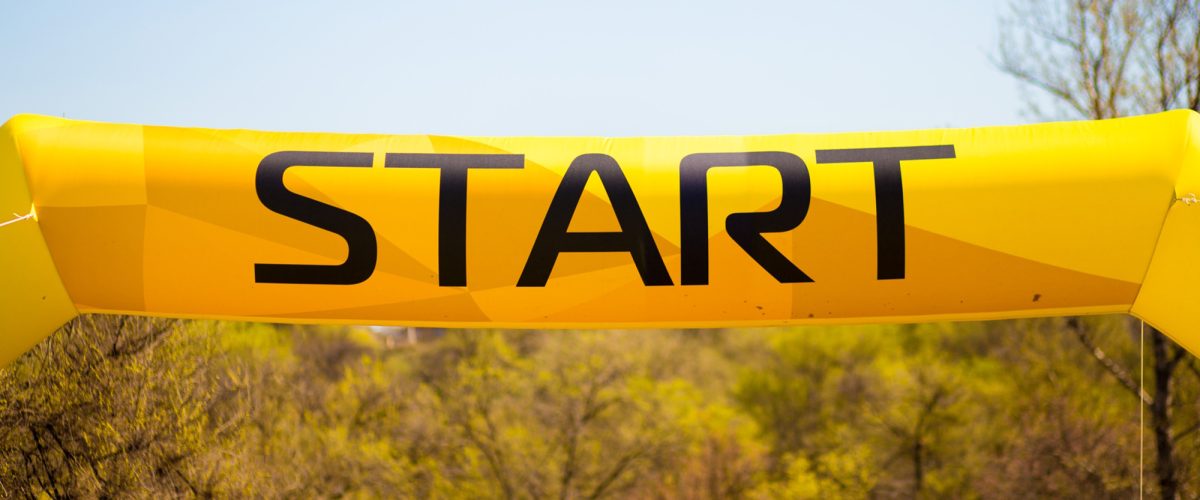I was talking with someone very close to me recently who said something important I want to share:
Our country has so many things going wrong, so many things really to feel ashamed about in a way, that it seems like on an average day I have two choices: either think about those things and then feel really distressed or try to screen out the news to try to retain a bit of happiness.
This comment crystallized something for me. I realized I have been doing the same thing. The bad news keeps coming in such torrents that it is overwhelming. I used to try to use my platform to comment on the most important issues most days, but there are so many daily or at least weekly disasters that for several years now I have stopped trying to do that. I can’t bear to focus on all the evil.
Digging further, I think I can pin down when my feeling of being overwhelmed began to get the better of me — even though I am a Christian social ethicist trained for this work.

David Gushee
It was about one year into the Trump presidency. I was among those naifs who was staggered that our country would let Donald J. Trump anywhere near the White House. Then I was astonished by the torrent of mendacity, abuse and folly that flowed from his Twitter account and from every other thing associated with him. Then I had to absorb the fact that a very substantial minority of my fellow Americans were eating it all up, simply loving not just what he was doing but precisely the discomfort it was causing “snowflakes” like me. The discomfort was the point! It won votes!
Then came COVID, and all the trauma, change and dislocation associated with that pandemic, and the further exacerbations of national division, and a leader in the White House suggesting a nice injection of disinfectant.
Then came the November 2020 election, the whole thing — the worries over whether Trump would accept defeat, then the campaign to overturn the election, then Jan. 6.. I remember my first day of class with my students in Macon was on Jan. 7, and I was again in shock, having to figure out how much to talk about what had just occurred while also going over the syllabus, while also teaching through a mask to a large room of young strangers in masks who had the misfortune of entering adulthood with this as their political context.
“Every time I drive by an elementary school now, I wonder if they have made adequate security preparations and if the little ones in there are safe.”
More recently it has been the constant mass shootings. My daughter is an elementary school teacher. My grandkids are in school. Every time I drive by an elementary school now, I wonder if they have made adequate security preparations and if the little ones in there are safe.
No, they are not safe, because our government leaders (meaning most Republicans) won’t ban military-grade weapons for civilian use and because we appear to have an endless pool of sick young men feeling the need to make a statement by murdering innocents.
The Uvalde killings affected me very deeply. For a week I had nightmares related to those kids stuck in those classrooms with that killer not just murdering them but tormenting them sadistically for over an hour, like Nazi death camp guards I read about in graduate school.
I feel like the ambient national stress and distress level is simply through the roof. I do social ethics and thus deal with public issues for a living, but I, too, find our social problems overwhelming.
“The ambient national stress and distress level is simply through the roof.”
A friend on Facebook suggested that collective trauma is the right category, and that seems right. But it leaves the same issue I started with — if I deal with these traumatic things directly and regularly, I feel (re)traumatized. But if I don’t, I feel more numb, powerless and distracted than anything else. I gather many of us are in the same place right now.
I want to acknowledge something here. There are many people in the world, and in our country, who eat trauma daily for breakfast. They have not recently entered into trauma; it is their daily bread. Some of these folks have found ways to move beyond mere distress, numbness, distraction and powerlessness. From what I can tell as I meet them, the path forward is standing up for what is right, speaking the truth, fighting hard for concrete change — just as practices, all the time, on good days and bad days.
It is not about a sanguine hope that all will be well if we just give, serve and do advocacy days. It’s about fighting for a better future even if that future does not seem foreseeable. It’s about doing the right thing because it is right.
I invite myself, and you, to move through trauma — past numbness — to action.
David P. Gushee is a leading Christian ethicist. serves as distinguished university professor of Christian Ethics at Mercer University, chair of Christian social ethics at Vrije Universiteit Amsterdam, and senior research fellow at International Baptist Theological Study Centre. He is a past president of both the American Academy of Religion and the Society of Christian Ethics. His latest book is Introducing Christian Ethics. He’s also the author of Kingdom Ethics, After Evangelicalism, and Changing Our Mind: The Landmark Call for Inclusion of LGBTQ Christians. He and his wife, Jeanie, live in Atlanta. Learn more: davidpgushee.com or Facebook.
Related articles:
Andy Stanley wants to refocus American evangelicals on Jesus more than politics
Public schools need churches as supporters and advocates, CBF panelists stress


